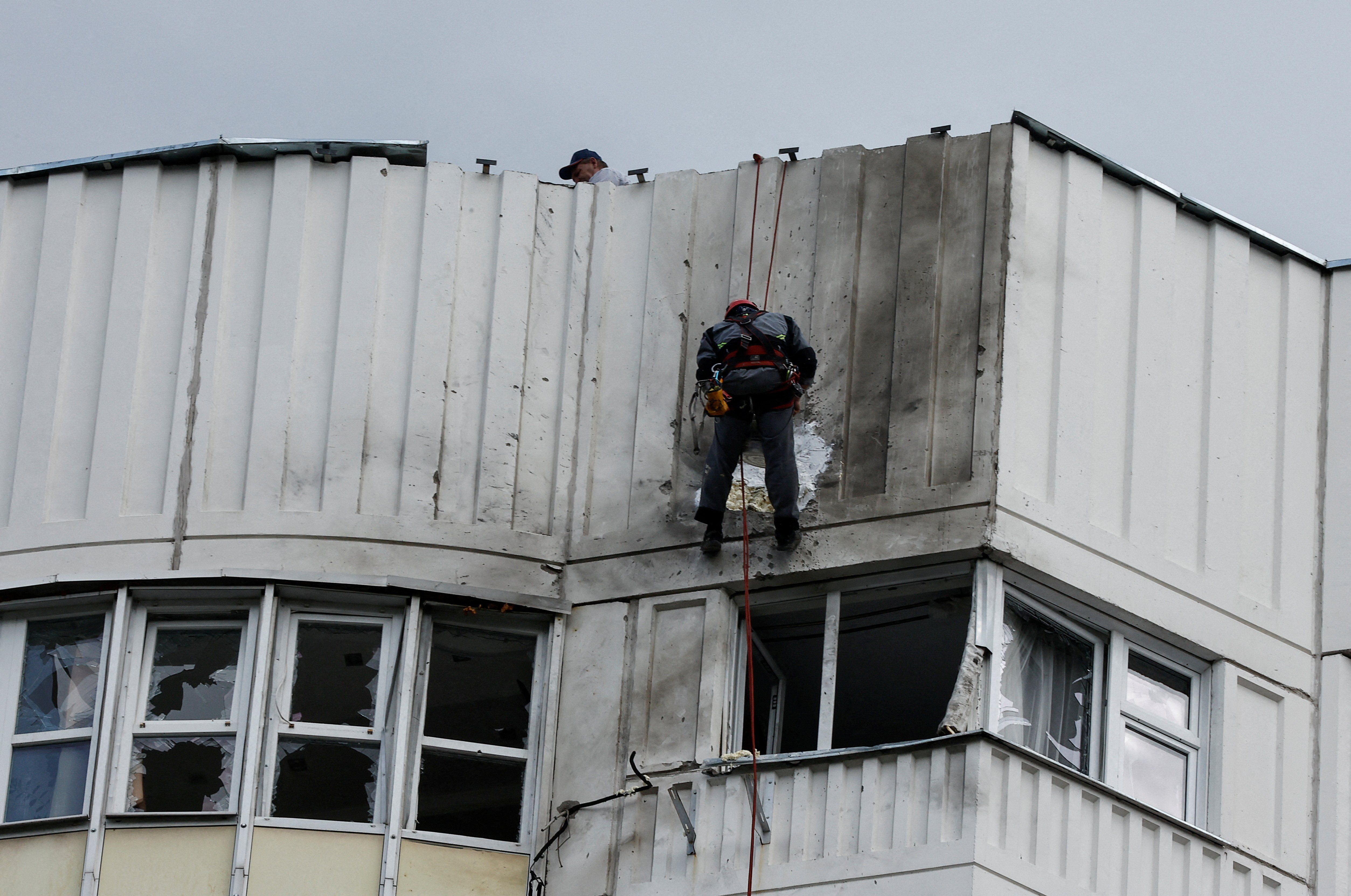Early Tuesday, Moscow was hit by several drones. Two people were injured, though no one was killed. Residential buildings were damaged, though it’s unclear whether they were targets of the attack or were simply damaged by debris as the drones were shot down. Russia says the drones were sent by Ukraine, but Kyiv denies this. If this was a Ukrainian attack on Moscow, the event raises three questions.
One, have the Ukrainians decided the Russians are incapable of enforcing “red lines” by retaliating effectively against Ukraine? If so, what does that say about how Ukraine approaches Russian forces in Crimea as its looming counteroffensive gains momentum?
Two, does an attack that threatens civilians in Moscow open Ukraine to charges of war crimes? Yes, Russia can be charged for civilian attacks on a far, far broader scale, but any deliberate attack on civilians is considered a war crime under international law.
Three, will these attacks change the mood inside Russia in a meaningful way? Will Russia’s vulnerability reinforce Putin’s argument to Russian civilians that Russia is fighting a war of self-defense? Or will it just make Putin and Russian air defense look dangerously weak?
